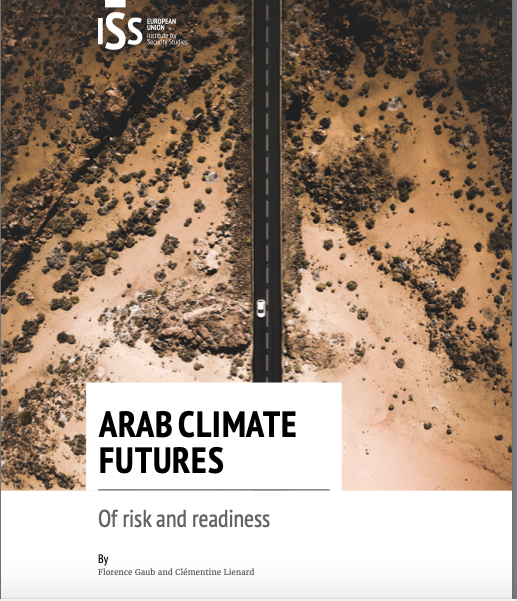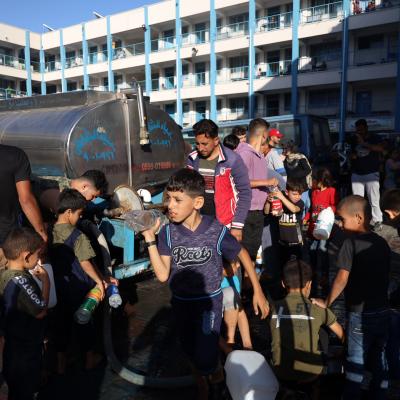Mideast Faces Dangerous Collapse
UN Official Addresses Security Council
11 Feb 2022 by The Water Diplomat
NEW YORK NY, United States

On the 19th of January, the senior UN official for the Middle East peace process warned the UN Security Council that the region faces irreversible collapse and widespread instability.
Referring to the decline in the economic, security and political situation in the occupied Palestinian Territory, Tor Wennesland emphasised the need reduce tensions and realise a two-state solution.
During the same session, the directors of EcoPeace Middle East, a regional peacebuilding organisation, highlighted the impact on children of growing up with water shortages, cold nights without electricity and 15 years of economic blockade. EcoPeace’s Israel director Gidon Bromberg pointed out that Israel’s leadership in the water sector, the dire impact of climate change on Palestinian freshwater availability and the new coalition government in Israel all provide a context for conflict resolution and trust building.
The current conflict-related sanitation crisis impacts negatively on public health for all users: in the West Bank, over 60 million m³ of raw and partly treated Palestinian sourced sewage is released into the environment, while sewage from Gaza released into the Mediterranean regularly forces shutdown of Israeli desalination plants.
EcoPeace advocates for a ‘Green Blue Deal’ in the Middle East which would provide for positive diplomatic cooperation in one of the world’s most water scarce regions.
In October 2021, the European Union Institute for Security Studies published its Arab Climate Futures Report which similarly highlighted the risks of climate change and water shortages for the region.
The report notes that 13 of the world’s 20 most water stressed regions are located in Western Arabia and the Maghreb. Despite the vulnerability of these areas to climate change, public awareness and policy responses have been slower to emerge than elsewhere.
In the absence of technological breakthroughs in the short term, the region is set to experience and average temperature rise of 2⁰C between 2025 and 2039, with a possible increase of 2.5⁰C increase during summer months. This is expected to impact negatively on water availability, food security and exposure to extreme weather events.
Related Topics

25 May 2021 Tel Aviv, Israel
Aid agencies ramp up water aid to Gaza following ceasefire. Substantial damage to critical infrastructure leaves hundreds of thousands in need of humanitarian assistance. Rush to r...
